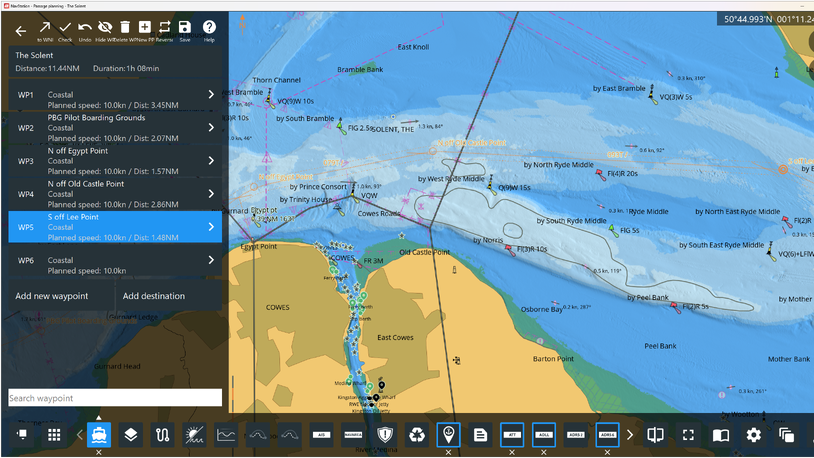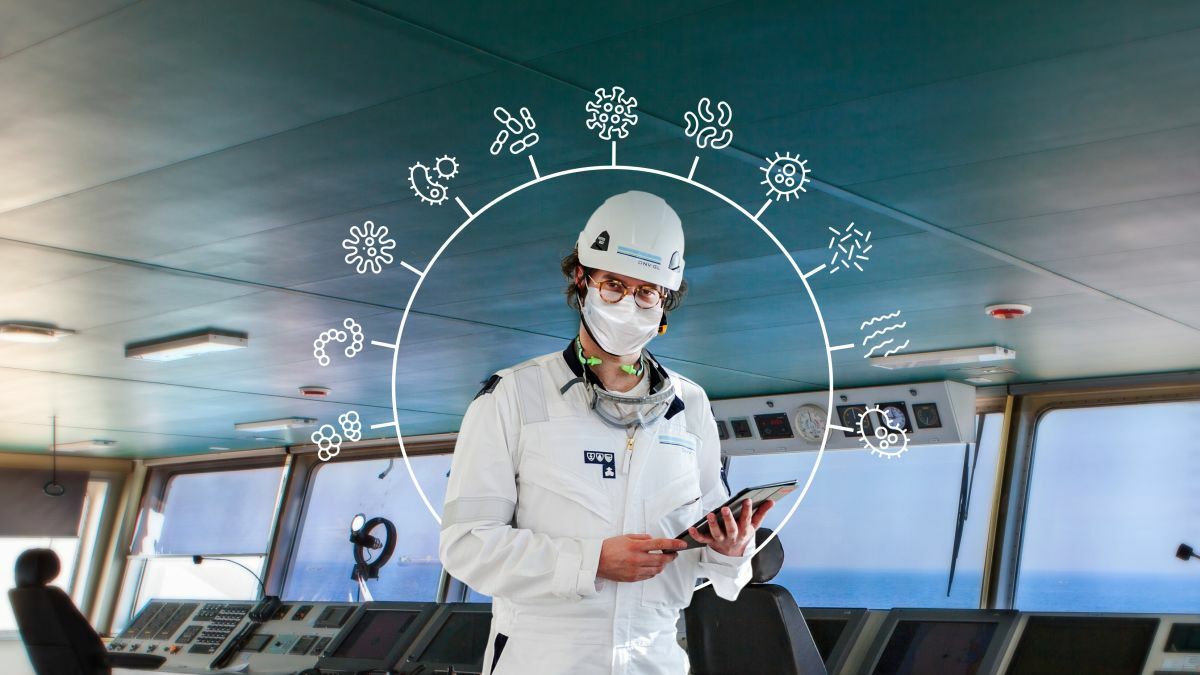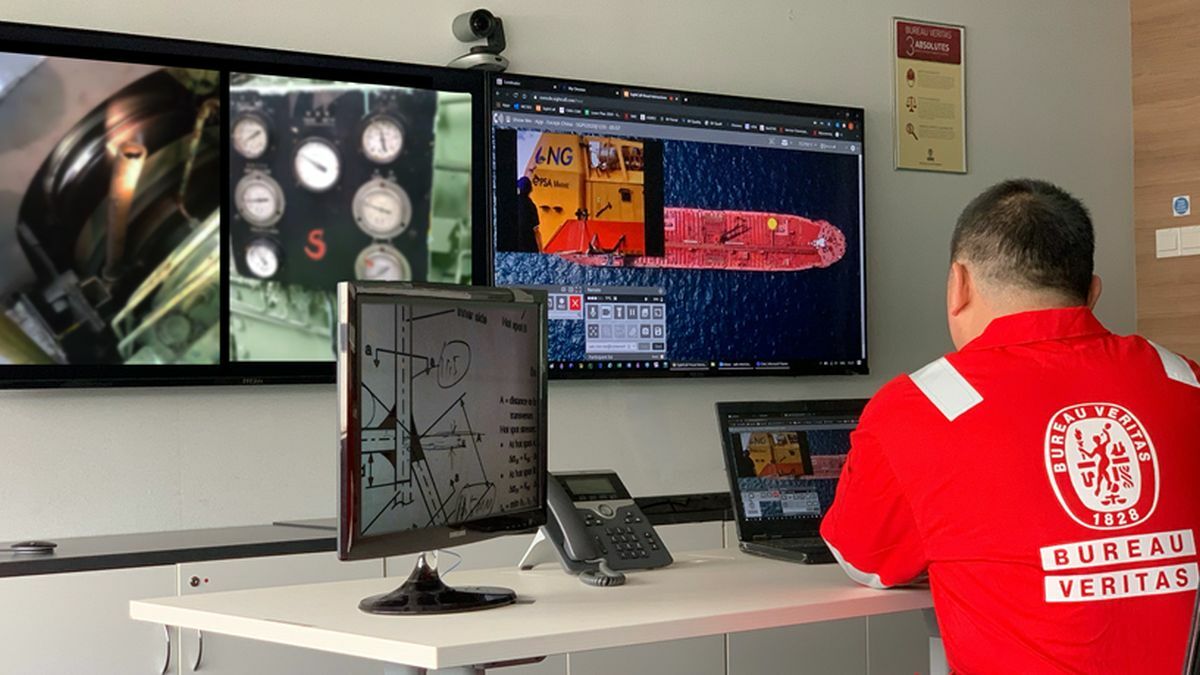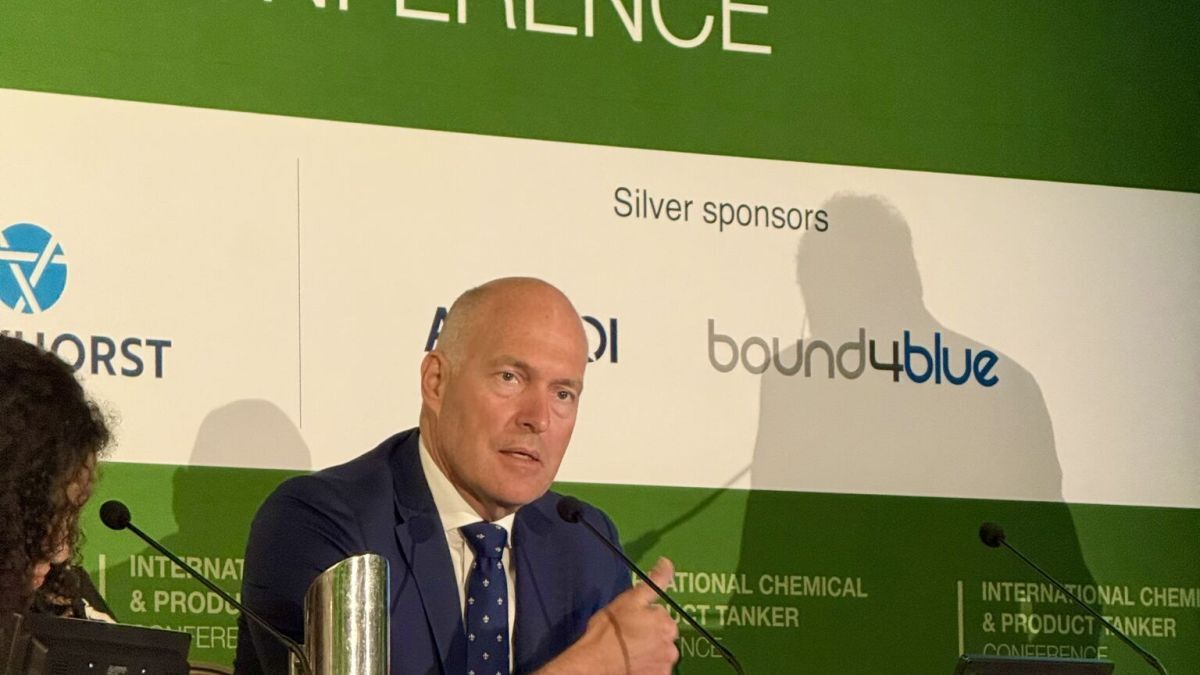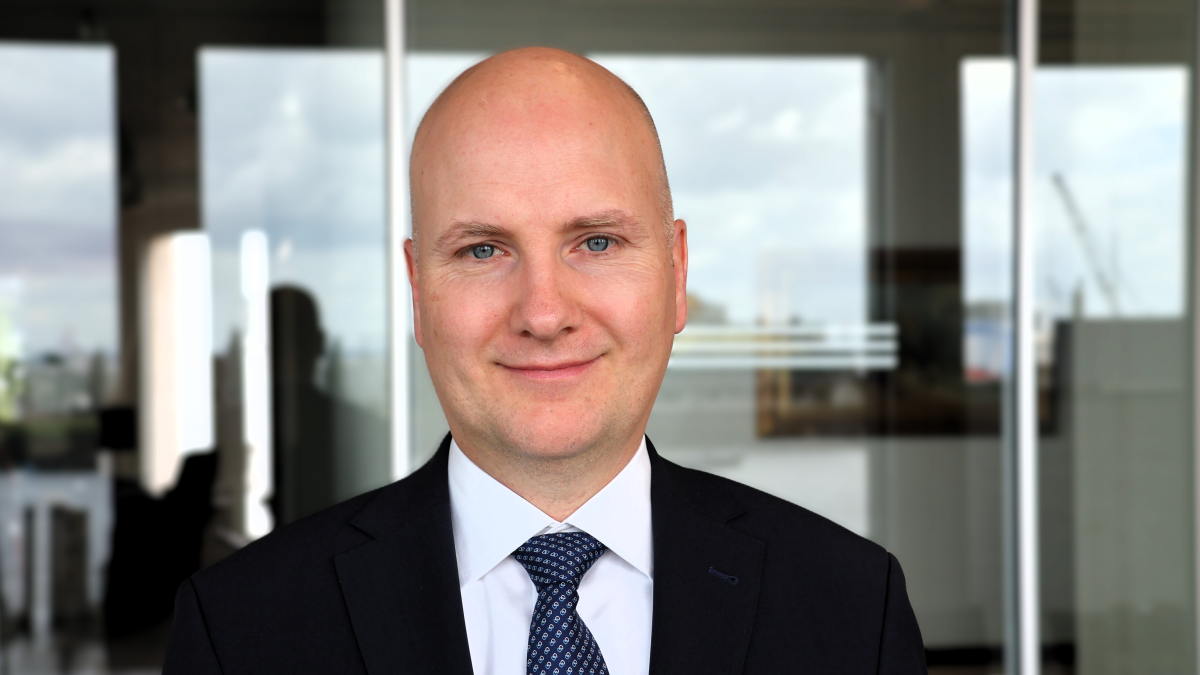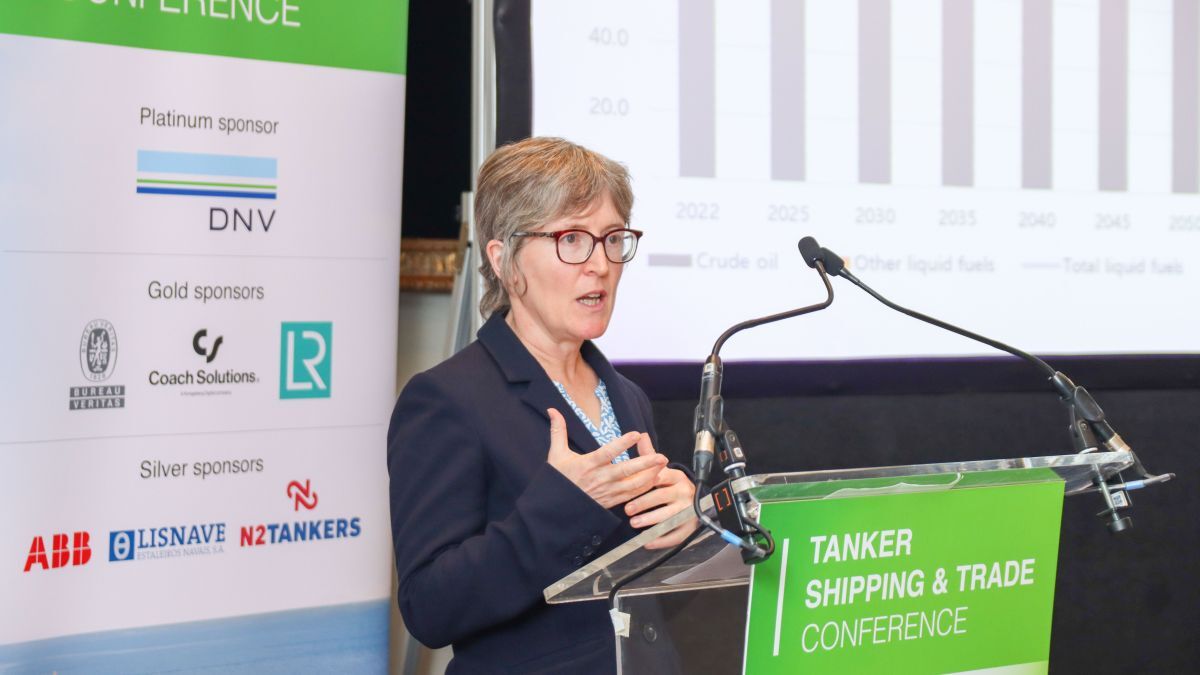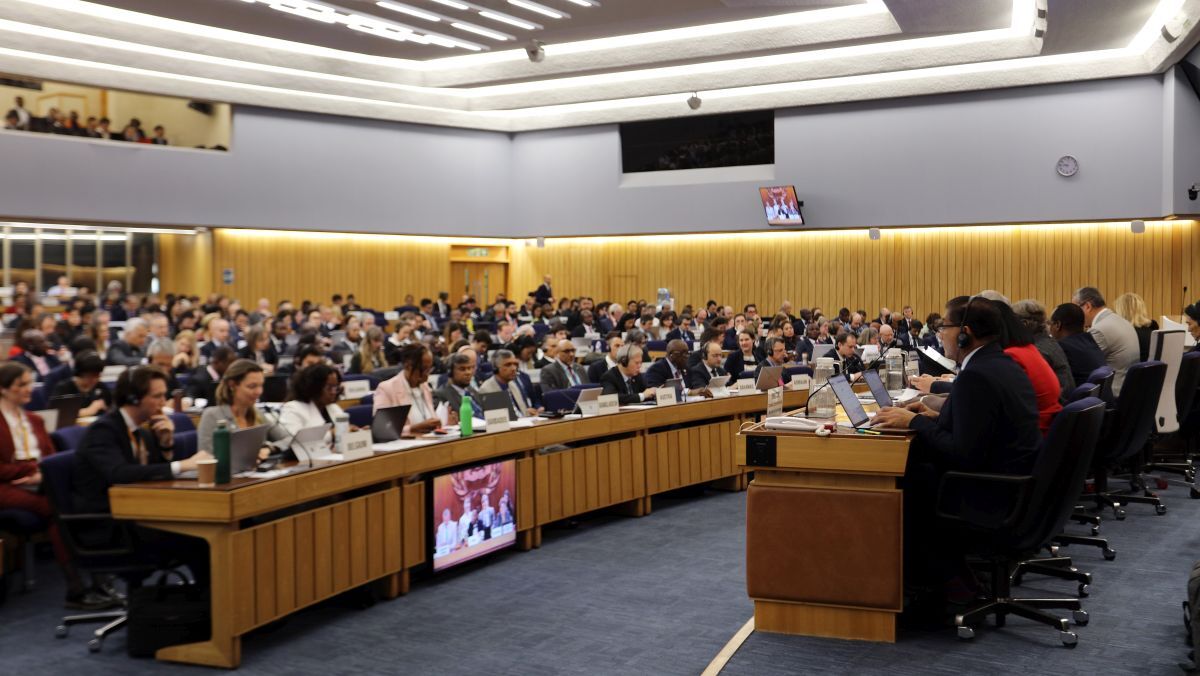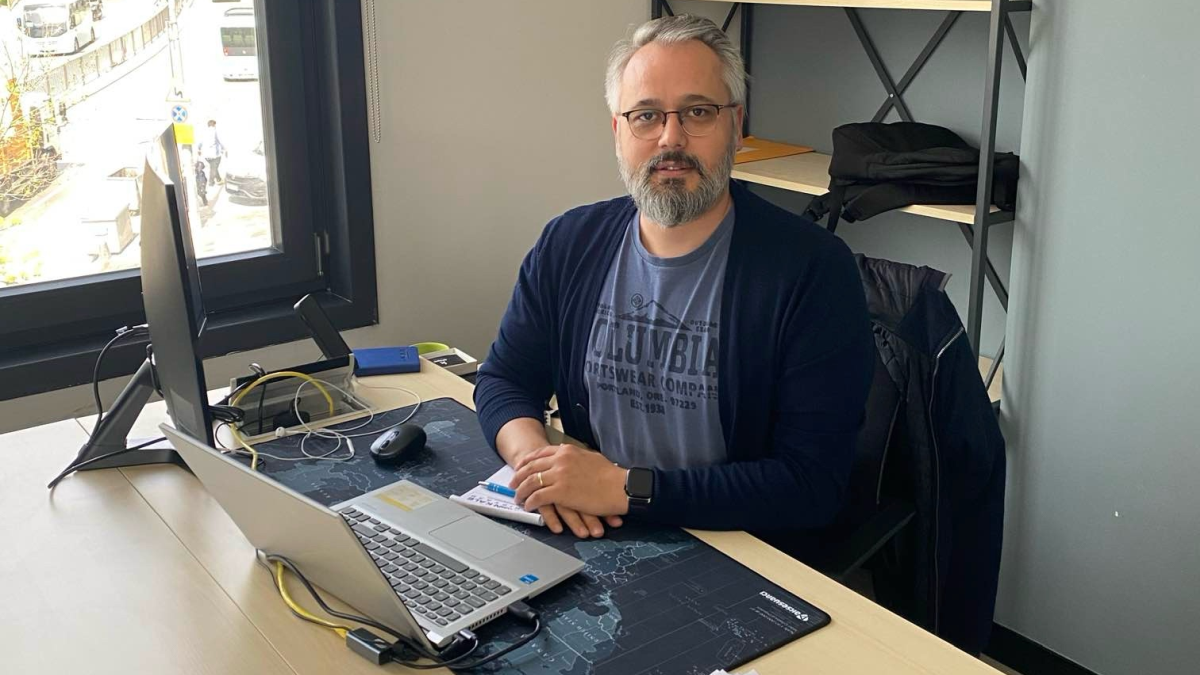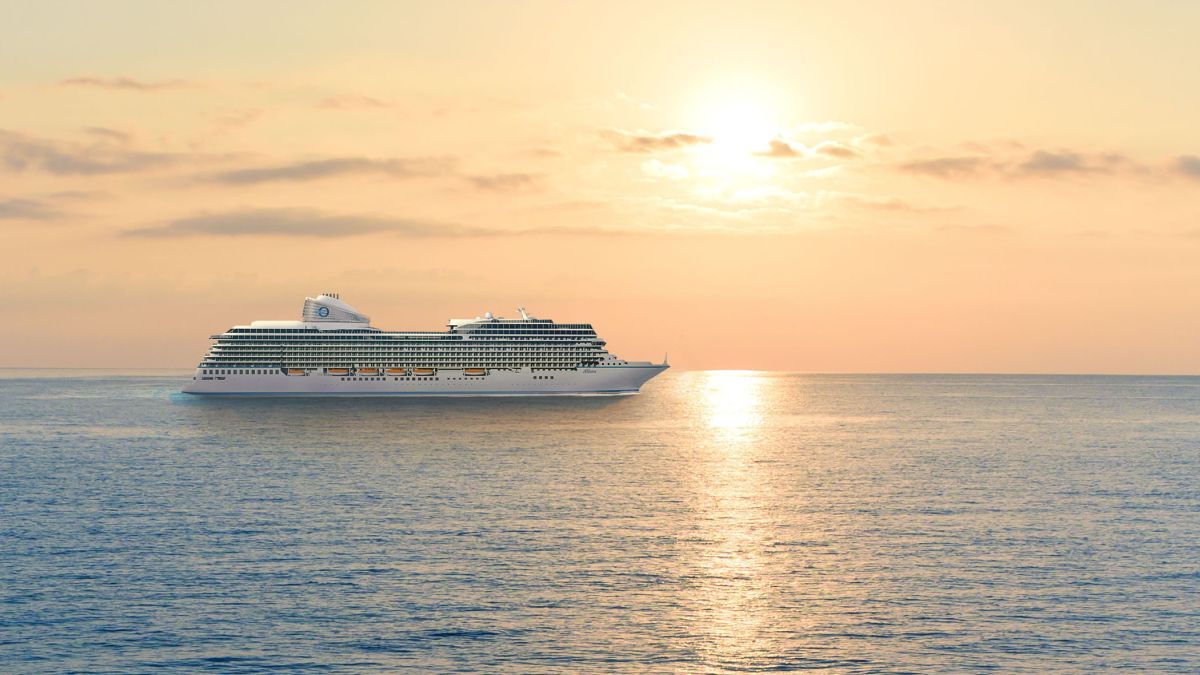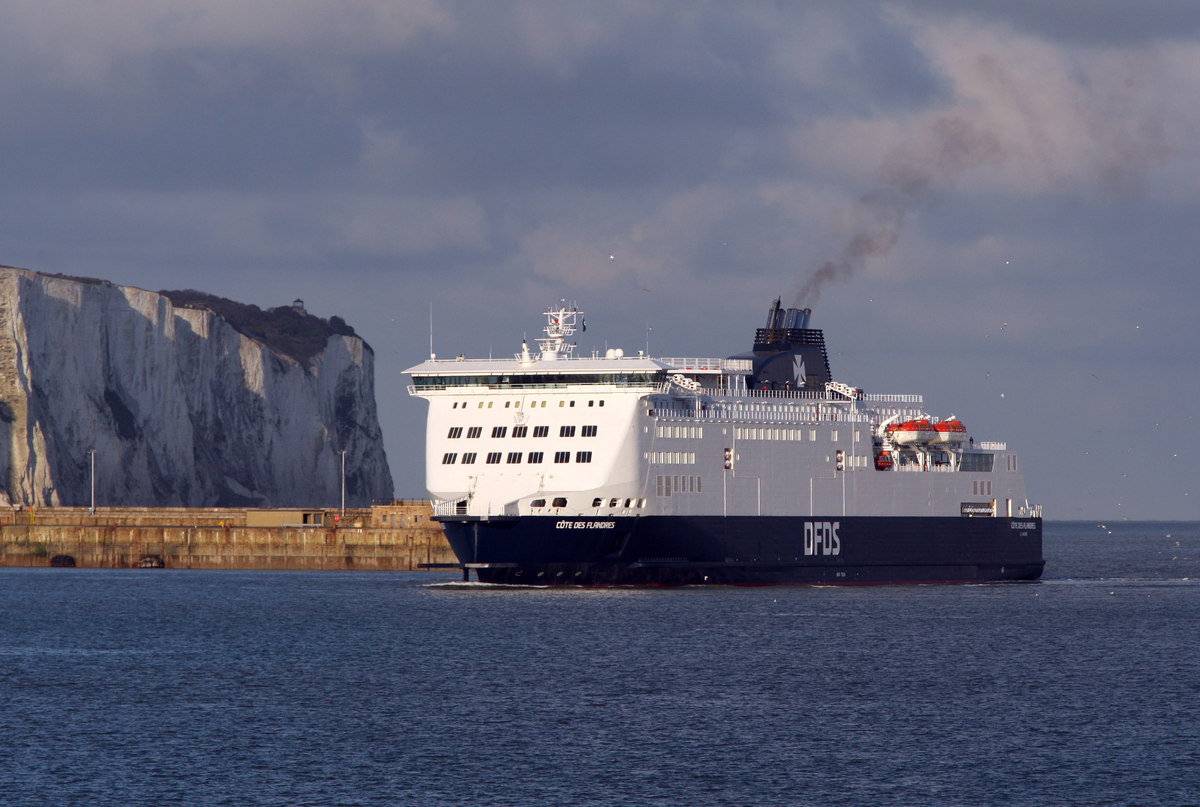Business Sectors
Events
Contents
Class helps cruise sector return after coronavirus lockdown
Passenger shipping will need class certification for infection prevention and remote technology for surveys
DNV GL has introduced certification in infection prevention (CIP) for the passenger ship sector to encourage a return to services during the coronavirus pandemic.
CIP-M certification enables passenger ship owners to demonstrate they have procedures and systems in place to prevent, control and mitigate infections on board, essentially protecting their guests and crew from Covid-19 and other diseases.
DNV GL Maritime chief executive Knut Ørbeck-Nilssen says the CIP-M programme is built on the society’s healthcare expertise in infection risk management and certifying more than 640 hospitals worldwide. Initiatives such as CIP-M will help a cruise sector reeling from the Covid-19 crisis.
“I hope with innovative ideas we can help the industry get moving again in a way that gives passengers and crew confidence that exacting measures are in place to enhance the cruise industry’s already rigorous health and safety standards,” he explains.
CIP-M enables cruise ship operators to facilitate infection prevention for passengers and seafarers. “CIP-M was inspired by health experts and has been tailored for maritime,” says Mr Ørbeck-Nilssen. “It meets the statutory requirements to restore passenger and industry confidence. It is a move forward as a holistic solution to the pressing challenges our industry faces.”
Experts from DNV GL’s cruise centre in Miami, US customised the healthcare CIP for use in a maritime setting, in co-operation with DNV GL’s Business Assurance division.
CIP-M integrates maritime-specific standards, such as the US Centre for Disease Control and Prevention’s vessel sanitation programme, with national and industry guidelines.
The certification surveys and audits are performed by DNV GL surveyor teams of healthcare infection prevention and control experts together with experienced maritime auditors.
As part of the CIP-M certification, DNV GL assesses vessel operations, including enhanced sanitation procedures, food preparation and handling, physical distancing requirements and personal protective equipment use by crew members.
DNV GL also evaluates maintenance of public health systems, emergency response plans, pre-boarding screening, embarkation and debarkation processes, and itinerary or port planning protocols. Annual surveys on board and company audits ashore are conducted to verify continued compliance and improvement.
Genting Cruise Lines’ subsidiary Dream Cruises is the first owner to receive CIP-M for its cruise ship Explorer Dream. The Bahamas-flagged ship was set to recommence operations in Keelung, Taiwan from 26 July 2020, for a series of round-trip cruises to Taiwan’s Penghu, Matsu, Hualien and Kinmen islands.
DNV GL certified the cruise liner’s customised safety and preventive measures in accordance with CIP-M certification, including using 100% fresh air ventilation on board.
Genting Cruise Lines has bolstered its overall prevention and response plan for recommencing its Dream Cruises and Star Cruises ships. It introduced mandatory temperature screening and preboarding health declarations for embarking and disembarking.
It has initiated higher frequency sanitisation, disinfection and enhanced hygiene procedures for guest cabins and public areas; online check in and boarding at designated times to minimise congestion and onboard venues operating at reduced capacity.
Self-service at buffet restaurants will also be suspended with all food and beverages served by crew wearing face masks and gloves as added precautionary measures.
Digitalisation acceleration
DNV GL’s Mr Ørbeck-Nilssen says the Covid-19 crisis is accelerating digitalisation and automation technology in passenger shipping. This could lead to new services and solutions and reduced crewing on short-route ferries.
“We have entered a period of renaissance where digitalisation is turbocharged, accelerating cross-industry collaboration and innovation,” he says. “We have seen tectonic shifts that are transforming the maritime world as the Covid-19 pandemic has challenged the status quo of operations. It has accelerated digital developments by half a decade.”
Vessel owners are being challenged by market conditions, reduced passenger demand, restricted passage and digitalisation technology.
“There are great opportunities for improving safety in maritime, for predictive maintenance, intelligent scheduling, real-time analytics and improving performance,” says Mr Ørbeck-Nilssen.
These developments are not in isolation, as shipowners can collaborate with other stakeholders and organisations to improve operations, enhance efficiencies and create business. “There will be digital collaboration and implementation to leverage innovation with shipowners and managers working with players in the digital domain for digital developments,” he says.
Higher automation levels
“Covid-19 will accelerate the introduction of higher degrees of automation on vessels,” Mr Ørbeck-Nilssen says. “But there will be equilibrium for the right number of crew on board, with high degrees of automation and more onshore control.”
Fundamental to this is connectivity and bandwidth to facilitate data transmissions and information relay. “There will be a high number of sensors on board and equipment installed for extracting sensor data and communicating that to shore facilities,” he forecasts.
Digitalisation is already starting to transform classification and inspection of ships through remote surveys and analytics.
“The future of high degrees of automation has consequences on how class can do more diagnostics using artificial intelligence and machine learning,” Mr Ørbeck-Nilssen explains,
“and how this affects maintenance of equipment and the need for class to go on board for physical surveys.”
There has been a huge rise in using drones for inspections, providing video footage and thickness measurements for remote surveys.
Class needs to balance what needs to be done physically and what can be completed remotely to safeguard surveyors. Part of this is the intuition a surveyor has when he steps on a ship. “A good surveyor will get a quick impression on board of the condition of the ship and crew’s knowledge of what they are doing,” says Mr Ørbeck-Nilssen. “It is seeing people eye-to-eye to get this impression.”
Remote survey centre opens and e-learning modules unveiled
Bureau Veritas (BV) has opened a new remote survey centre in Singapore as it has seen a huge leap in demand for remote vessel inspections. BV already runs remote survey centres in Rotterdam, the Netherlands, Piraeus in Greece, Istanbul in Turkey and in Dubai, United Arab Emirates. This new facility expands its remote survey capability into southeast Asia. BV said it would open more centres worldwide.
BV uses a range of technologies to support classification clients from these centres. This includes 3D digital twin technology, aerial drones, remotely operated vehicles, crawlers and other robotics.
BV also uses augmented reality, webcams and smart glasses to support onboard seafarers for remote inspections and artificial intelligence for onshore data analytics. These enable collaborative approaches to classification and for data-driven decisions to improve asset operations and maintenance.
BV has also introduced e-learning modules from its own BVS eAcademy to maritime for remote training in classification rules and statutory requirements.
It has released 25 maritime courses, developed for BV’s own internal training requirements, for maritime professionals or students to use. These courses provide awareness and understanding of specific areas of expertise, related to naval architecture, classification requirements, rules and regulations, materials, welding and non-destructive testing.
BV says these e-learning courses will be useful for professionals involved in ship operations, maritime regulation, ship broking, finance, insurance and providers of ancillary services.
Get the latest information and viewpoints on maritime issues during Riviera Maritime Media’s series of webinar weeks on key technical subjects in shipping
Related to this Story
Events
Maritime Environmental Protection Webinar Week
Cyber & Vessel Security Webinar Week
The illusion of safety: what we're getting wrong about crews, tech, and fatigue
Responsible Ship Recycling Forum 2025
© 2024 Riviera Maritime Media Ltd.

